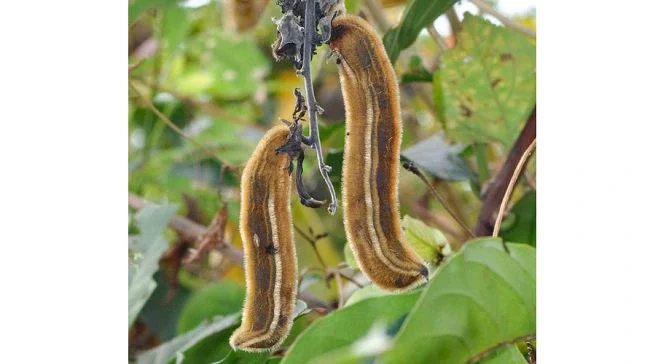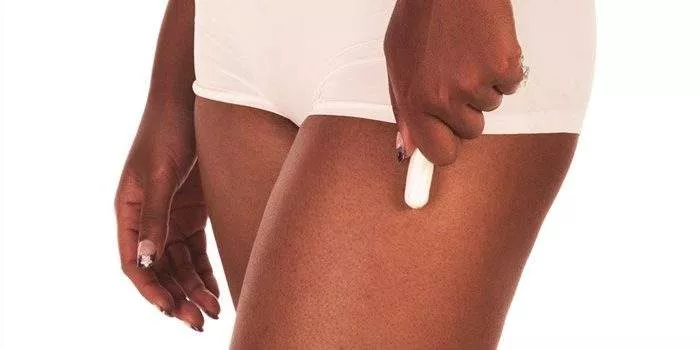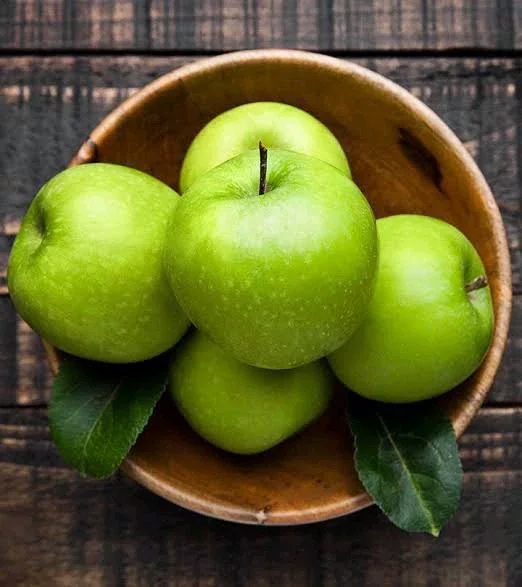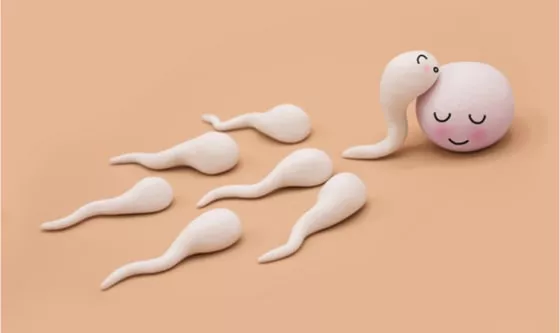
Women around the world have been preventing unintended pregnancy through various forms of birth control practices, from which most Nigerian women cannot be excluded. Mucuna pruriens, commonly known as velvet bean or cowage, has been traditionally associated with contraceptive properties in various cultures.
In Nigeria, herbal practitioners and non- practitioners are claiming that the consumption of the seed of Mucuna pruriens, commonly referred to as 'werepe' among the Yoruba tribe, works as a contraceptive in women, although there's no scientific evidence to support this claim and the seed is being ingested by many women without any restraint.
Rather, researchers, in a new study that investigated the claim of using Mucuna pruriens seed as a birth control for women in Nigeria, established the efficacy of Mucuna pruriens seed powder as a fertility enhancer in females rather than as a birth control.
The researchers, in the 2023 edition of the Ife Journal of Theory and Research in Education, indicated the potential of Mucuna pruriens to enhance fertility, providing some justification for its use as a fertility enhancer in women at a dosage of one seed and reducing the dependence on synthetic drugs as fertility-enhancing agents.
Birth control, also known as contraception, anti-conception, and fertility control, is the use of methods or devices to prevent unintended pregnancy. It involves various strategies that aim to regulate or prevent the fertilisation of an egg by sperm, thus preventing conception.
Medicinal plants regarded as contraceptives are those capable of preventing pregnancy by interfering with the normal processes of ovulation, fertilisation, and implantation of eggs.
Mucuna pruriens is one of the most important medicinal plants in Nigeria and is used to treat a wide variety of conditions. For instance, a chemical substance in it is known to provide symptomatic relief in the treatment of Parkinson's disease and epilepsy. In addition, the powder of the seed has been credited with aphrodisiac or fertility benefits in men.
Moreover, Mucuna pruriens seed is being ingested more and more by women in Nigeria who want to avoid pregnancy because they are not using a modern birth control method. They are sceptical about the side effects of the modern birth control method, while some cannot afford it.
For the study, the researchers investigated the claim of using Mucuna pruriens seed as a birth control in 16 adult female albino rats randomised into two experimental groups consisting of eight rats per group for 16 days.
Group 1 (control) group was fed with normal feed, while group 2 was fed with diets containing Mucuna pruriens seed powder at 0.75 gm, corresponding to one Mucuna pruriens seed. The levels of estradiol, luteinising hormone, and follicle-stimulating hormone were monitored using standard methods.
They also wanted to determine the outcome of Mucuna pruriens usage on women's reproductive systems, examine the difference between the reproductive systems of women who use Mucuna pruriens and those who do not, and what could be the outcome of Mucuna pruriens usage on women's reproductive systems.
Estradiol, luteinising hormone, and follicle-stimulating hormone are all female reproductive hormones. While the luteinising hormone is responsible for ovulation, the follicle-stimulating hormone helps control the menstrual cycle and stimulates the growth of eggs in the ovaries, and estradiol, the most important female sex hormone, plays an important role in regulating the menstrual cycle, preparing for pregnancy, and maintaining normal female reproductive functions.
According to the study, the level of estradiol was significantly higher in the female experimental rats daily fed with one seed (group 2) of Mucuna pruriens than those in the control group (group 1).
There was no significant difference in the level of luteinising hormone recorded in the control rats (group 1) and those fed with one seed (group 2) of Mucuna pruriens daily.
Rats fed with one seed (group 2) of Mucuna pruriens daily had a significantly higher level of follicle-stimulating hormone than rats in the control group (group 1).
The researchers attributed the improvement in fertility in animals fed diets containing Mucuna pruriens seed powder to the presence of levodopa (L-dopa) in the plant, which supports the body's ability to stimulate the natural release of these female sex hormones.
They declared that traditional practitioners should work with researchers before prescribing medications to people to avoid misusing various medicinal plants, adding that a dosage of one seed should be encouraged as it will reduce the dependence on synthetic drugs as fertility-enhancing agents.
While there should be appropriate awareness of the positive effect of Mucuna pruriens usage on female reproductive hormones among herbal practitioners and women in rural communities who are consuming the seeds as birth control, they urged awareness and orientation for couples facing fertility challenges about the potential benefits of Mucuna pruriens seed as well as its limitations.
In addition, they suggested a further study to evaluate the potential long-term effects and safety of using Mucuna pruriens seed for fertility enhancement.

















Comments